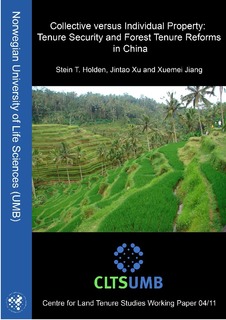Stolen Land Stolen Future: A Report on Land Grabbing in Cambodia
The report documents how affected communities have lost their livelihoods because of land grabbing by national and international business corporations. Local communities have not been consulted and they have received little or no compensation for their loss. The communities have been evicted from their land and have faced systematic human rights violations.





